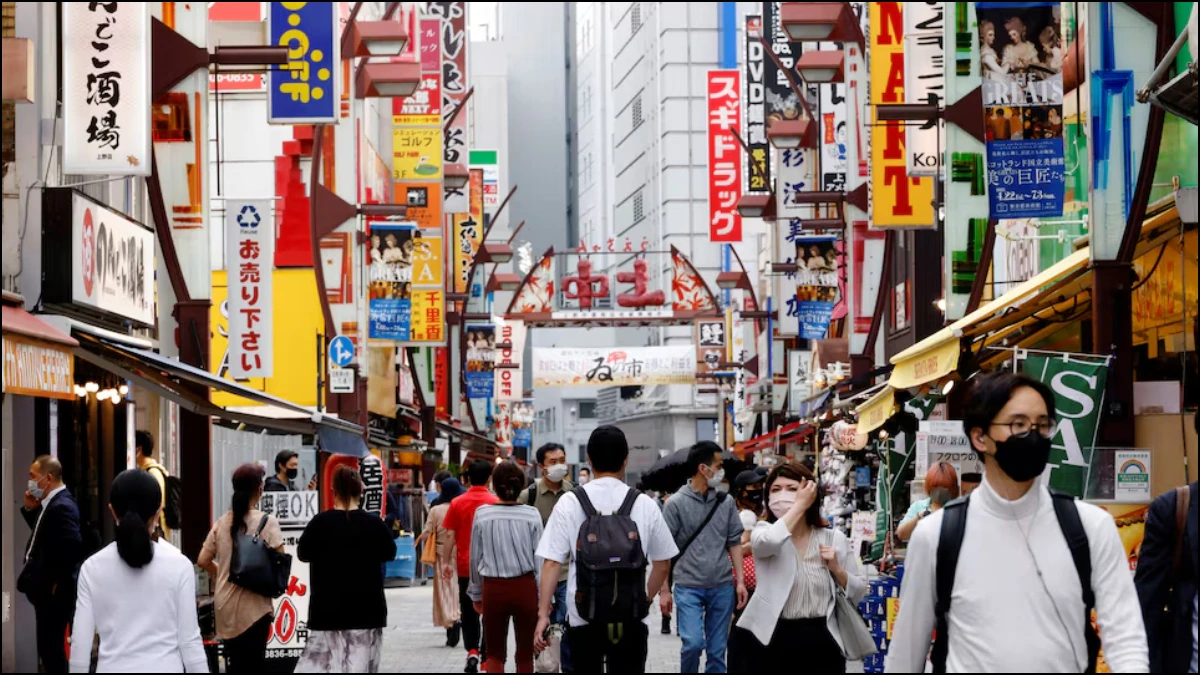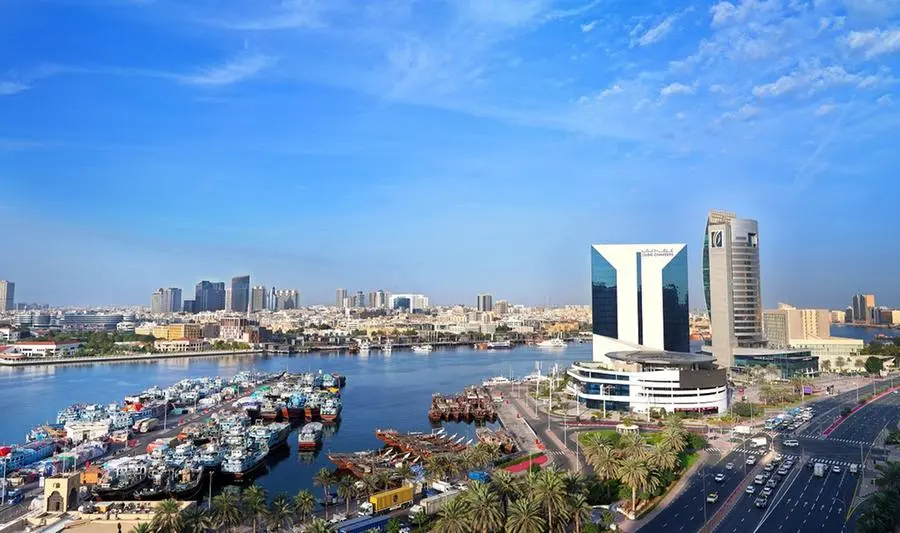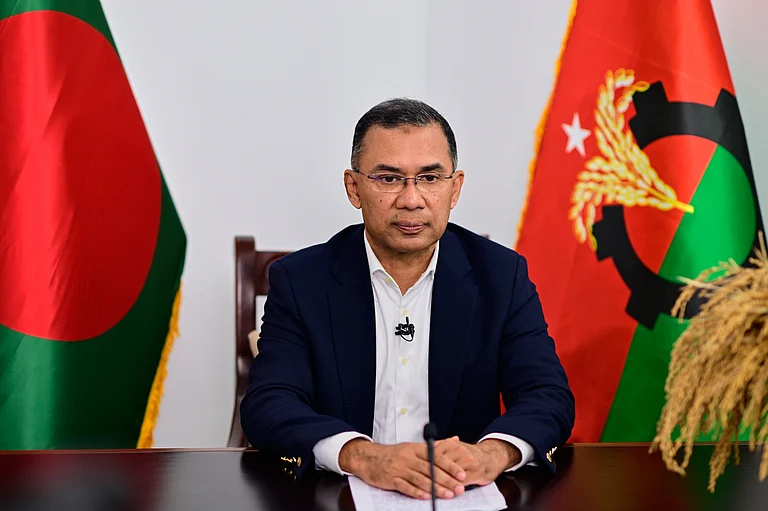The Business Year event, Oman Vision 2040: The Future of Investment, coincided with the first year that the Vision has been implemented in all sectors of the economy, and aimed to project its diverse achievements to the world
Some of the country’s top public- and private-sector leaders, as well as key personalities from the international business community, came together at the Oman Convention and Exhibition Centre in Muscat on Sunday, December 12, to discuss the socio-economic reinvention of the Sultanate of Oman through sustainable policies.
The Business Year event, Oman Vision 2040: The Future of Investment, coincided with the first year that the Vision has been implemented in all sectors of the economy, and aimed to project its diverse achievements to the world, alongside laying out where the investment opportunities lay in Oman.
The event was held in Strategic Partnership with Oman International Development and Investment Company (OMINVEST) and with the support of a number of sponsors, including OQ, Madayn, Nama Group, Bank Nizwa, be’ah, Sultan Qaboos University, and Qatar Airways.
After a welcome address by The Business Year’s Country Manager, Andrea Tsiachtsiri, HE Qais Bin Mohammed Al Yousef, Minister of Commerce, Industry and Investment Promotion kicked off the event by discussing work to build a pro-business enterprise environment and attract foreign investment.
On behalf of the government and public entities, he stated that all incentives were most welcome. “We want Oman to be a place where, more than anything, business can grow, succeed, and thrive,” he said.
The purpose of the created plan is to increase private-sector resilience, attract investment, and assist post-COVID-19 recovery while protecting Omani workers. Historic steps are being taken to place Oman alongside the developed nations of the world.
Abdullah Al Hakmani, the Head of Programmes Management Office at the Oman Vision 2040 Implementation & Follow-up Unit, made a presentation on the pillars and national priorities that the vision features, focusing on a society of creative individuals, a competitive economy, an environment with sustainable components and responsible state agencies.
He noted the main challenges that the country will face in its current and upcoming stages, is showcasing confidence in national enablers and implementation programmes to attract direct added-value investment.

The event featured a panel discussion on the main incentives for investing in Oman, how firms are diversifying abroad, and which sectors will play a key role in the diversification of the local economy. Also on the table were circular economies, energy transition, and the use of advanced technologies. Speakers included Anwar Al Jabri, Group President-Investment Banking at OMINVEST and CEO of Jabreen Capital; Aimen Al-Hosni, CEO of Oman Airports; Mohammed Al Harthy, Executive Vice President of Oman Environmental Service Holding Company S.A.O.C (be’ah); Saleh Al Rumhi, CEO of Oman Electricity and Transmission Company and Khaled Al Kayed, CEO of Bank Nizwa.
OMINVEST’s Anwar Al Jabri discussed important investment tools for strengthening the investment ecosystem in the Sultanate of Oman, such as venture capital investments, which are essential in supporting new businesses and innovations; he also elaborated on the need to enhance the risk appetite in general and discussed the importance of sustainable and responsible investment in the portfolio of any successful investment company.
The purpose of the created plan is to increase private-sector resilience, attract investment, and assist post-COVID-19 recovery while protecting Omani workers. Historic steps are being taken to place Oman alongside the developed nations of the world.
The CEO of Bank Nizwa, Khaled Al Kayed stated that being linked to the real economy through infrastructure is crucial, and suggested that the future is open banking. “We need to have a bigger ecosystem and to start integrating new stakeholders”, he said.” Be’ah’s Mohammed Al Harthy made special recognition of the importance of circular economies, not solely as a concept of recycling, but of optimization. “Creating awareness is vital, and main focus is to generating know-how,” he said.
Al Hosni from Oman Airports declared that the firm is working toward expanding fleets and destinations, as well as schemes that would incentivise new airlines, and is working closely with OIA to create new routes. “We should be ahead of the game,” he said, highlighting the importance of reactivation in the private sector. He also drew special attention to the target of becoming carbon neutral by 2040.
Saleh Al Rumhi of Oman Electricity and Transmission Company declared; “we think local, and we act local,” as he announced the firm’s newest grid project, which will contribute to the reduction of emissions and environmental footprint. He drew special attention to the potential Oman has in renewable practices.
The Business Year has been charting the course of the Omani economy for almost a decade. The Business Year: Oman 2021/22, Special Vision 2040 Edition, featuring interviews with 150 leaders from the business community, is out now and available on all major business information platforms, including Bloomberg Terminal, Refinitiv Eikon, Dow Jones Factiva, and FactSet, as well as on PressReader and Google Books and at thebusinessyear.com.
************************************************************************
Readers










